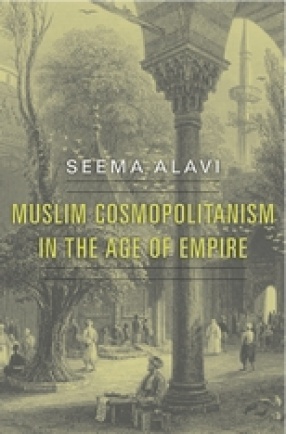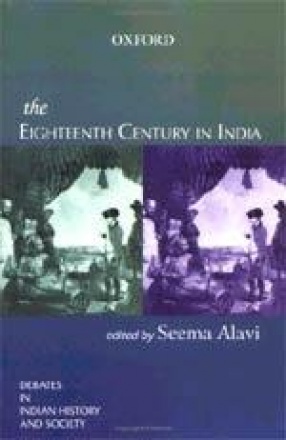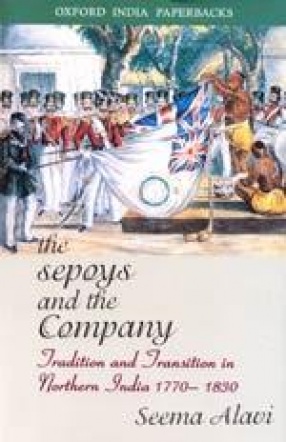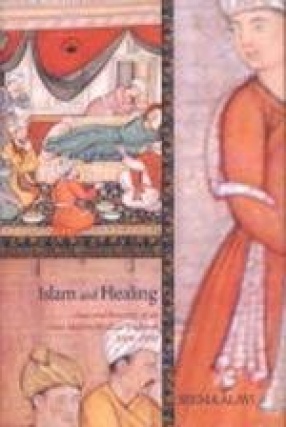
Showing all 4 books


Muslim Cosmopolitanism in the Age of Empire recovers the stories of five Indian Muslim scholars who, in the aftermath of the uprising of 1857, were hunted by British authorities, fled their homes in India for such destinations as Cairo, Mecca, and Istanbul, and became active participants in a flourishing pan-Islamic intellectual network at the cusp of the British and Ottoman empires. Seema Alavi traces this network, born in the age of empire, which became the ...

The eighteenth century in India has been for long the subject of continuing debate among historians. Critical to the understanding of the colonial encounter, this century was marked by two significant transitions that affected the structure of power and initiated important social and economic changes. The first was the transition from the Mughal political economy to the emergence of the regional political orders. The second constituted the transformation of the ...

What was the link between the sepoys and society? How did the carefully built-up loyalty of the East Indian Company's native regiments - the sepoy army - crumble so incomprehensibly? This pioneering study questions the existing historical and sociological understanding of the events leading to 1857.

Indo-Muslim medicine--or the Unani tradition--developed in South Asia alongside Mughal political culture. While it healed the body, it also had a profound bearing on the social fabric of the region. Seema Alavi's book shows the nature and extent of this Islamic healing tradition's interaction with Indian society and politics from roughly 1600 to 1900. Drawing on Persian texts for the pre-colonial phase, Alavi moves beyond the standard colonial archive to deploy ...
